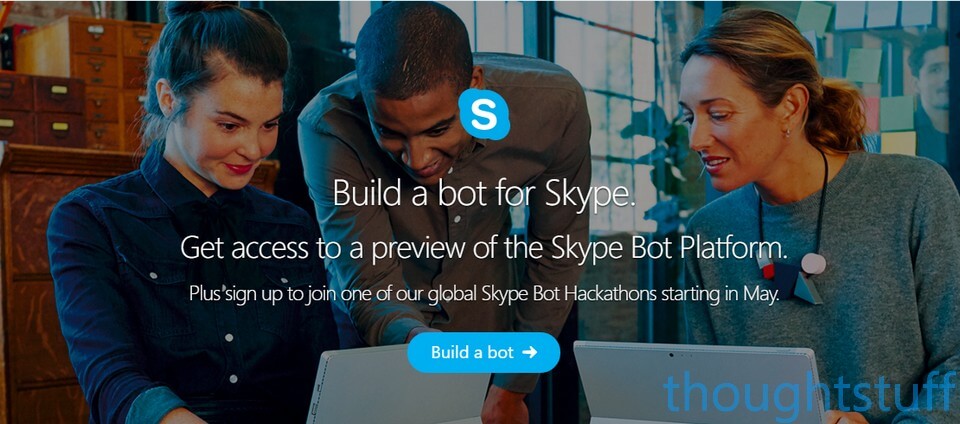
I know what you're thinking, "What's the difference"? Or maybe, "Do I really need two forms of Skype"? In a word: Yes. Simply put, in April 2015, Microsoft rebranded its office communication tool, Lync, to Skype for Business. What's the difference between Skype and Skype for Business? Plus, the platform allows managers and team leaders the ability to control which accounts can attend meetings and who can access different features throughout the call, leaving the power in your hands.


Microsoft guarantees all users, calls, and accounts are made secure with strong encryption and authentication. When Microsoft, one of the most trusted security corporations in the world, is overseeing your Skype for Business activity, you can sleep soundly knowing your data is in trusted hands. Whether you're setting up your monthly meeting with your satellite office across the pond or receiving project updates from your remote team members, Skype for Business will keep you connected. Additionally, you don't even need a smartphone to call in and access Skype for Business meetings, making it one of the most attainable and user-friendly choices for your online meetings. Skype for Business can be downloaded to and accessed from any device you currently own, no matter the manufacturer. In today's increasingly crowded online meeting field, what makes Skype for Business stand out from the rest? When you choose any new software for your company, your final decision will likely come down to accessibility and security. It's used for video and voice calls, presentations, and instant messaging.

It's a global online meeting platform that can be downloaded through Office 365. According to the State of Video Conferencing report, 64% of companies with 500 employees or more use Skype for Business.


 0 kommentar(er)
0 kommentar(er)
